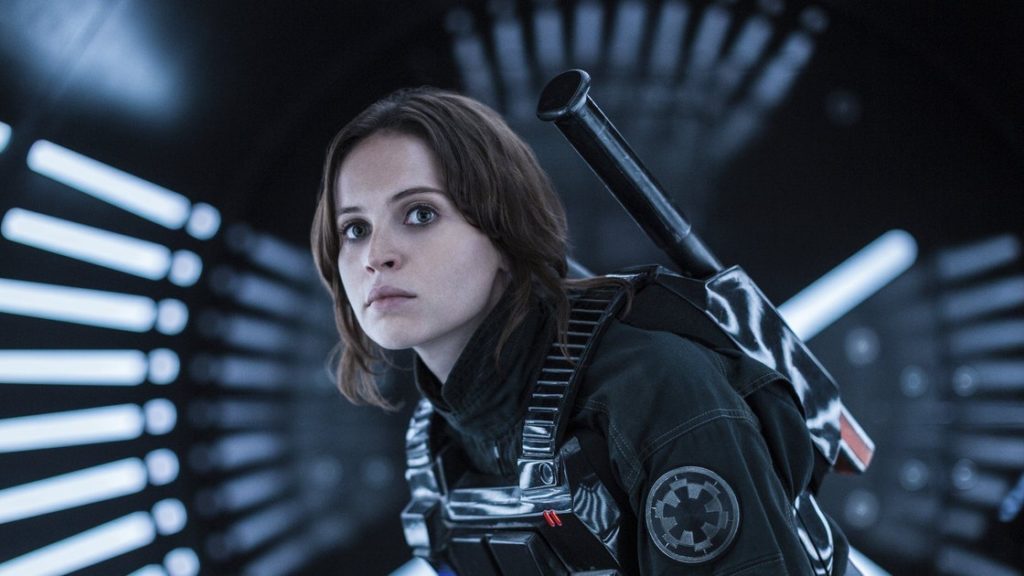By the time Rogue One: A Star Wars Story hit theaters five years ago, it was already struggling under the weight of substantial expectations.
A new hope, if you will; it would not just be an extension and completion of the storyline started back in the 1977 original movie, but a galaxy of new stories intended to build a new generation of fans.
If viewed without foreknowledge of the 1977 Star Wars, it ends without an ending, as such, with the Rebels getting the plans but being pursued by an unnamed Darth Vader.
As the slavish recreation of the first Star Wars aesthetic made clear, Rogue One was intentionally rooted in fan service and an overwhelming nostalgia for the original trilogy.
Rogue One underscored the fact that Star Wars — a series of movies that had always had one foot in the past — was now being viewed as an extended exercise in maintenance, not creation.
There’s another way in which Rogue One proved to be a canary in the coal mine that the Star Wars franchise eventually became.
Director Gareth Edwards was famously sidelined as post-production on the movie went on, with uncredited screenwriter Tony Gilroy — who’d written the Bourne movies — given the job of reworking the film considerably.
Far from being the start of a bold new era of Star Wars that would expand the reach of the property to new audiences, Rogue One proved to be the first true indicator of the conservative way Lucasfilm has handled Star Wars since reviving the franchise.
